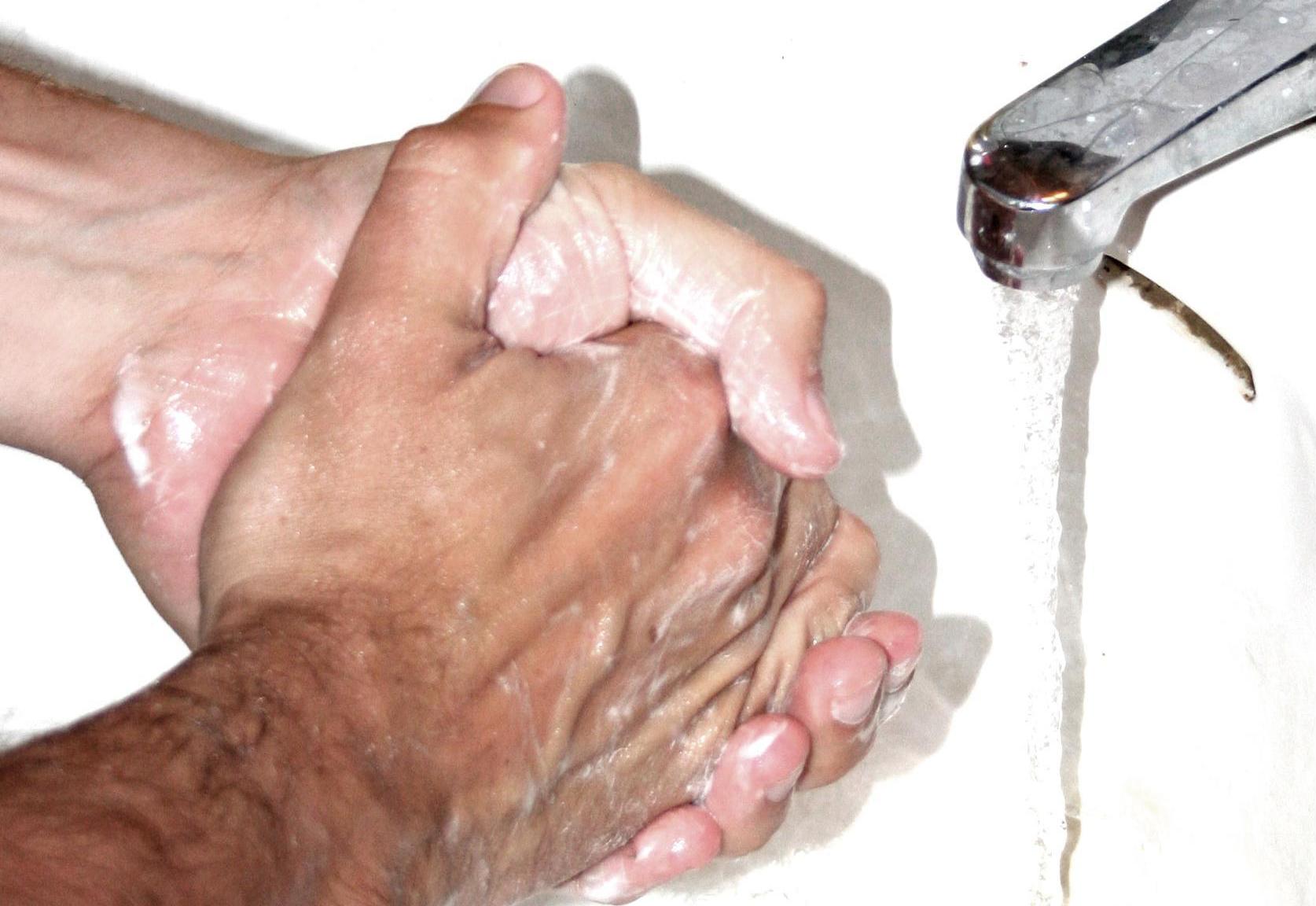SAN FRANCISCO – Researchers have discovered that some hospital workers are exposed to hormone disruptors simply by washing their hands.
Triclosan, a synthetic antibacterial agent found in soaps, cosmetics, acne creams and some brands of toothpastes, can interfere with the action of hormones and potentially cause developmental problems in fetuses and newborns, among other health concerns, according to a study published in the August edition of the Journal of Occupational and Environmental Medicine.
Researchers at the University of California, San Francisco say that hospital workers are being exposed to unsafe levels triclosan – which is a chemical now under review by the U.S. Food and Drug Administration – which is found in the antibacterial soap used to wash hands at many medical facilities.
For the study, urine samples were taken from two groups of 39 doctors and nurses at two different hospitals. One site used a 0.3 percent triclosan soap, the other plain soap and water. The triclosan hospital workers had significantly higher levels of the chemical in their systems than the workers at the hospital using soap and water, according to co-authors of the study Julia K. MacIsaac, MD, MPH, of UCSF and the Natural Resources Defense Council (NRDC); Roy G. Gerona, PhD, of UCSF; Latifat Apatira, MD, MPH, of Kaiser Permanente Medical Center, San Francisco; Matthew W. Friesen, of UCSF; Michael Coppolino, MD, of UCSF and Kaiser Permanente; and Sarah Janssen, MD, PhD, MPH, of UCSF, Kaiser Permanente, and NRDC.
http://journals.lww.com/joem/Fulltext/2014/08000/
Health_Care_Worker_Exposures_to_the_Antibacterial.7.aspx
Dr. Nancy Rao, ND, LAC of Boulder Naturopathic Clinic in Boulder, Colo., said hormone disruptors are being found in many common situations – with detrimental consequences for the public.
“I think this is just one more in a growing list of environmental and retail type products posing as health threats; it’s very insidious, these hormone disruptors,” Rao said, adding that the antibacterial substances are appearing in numerous public places.
“They are everywhere; they are in hallways at schools, they are in the airports, the grocery store and the implications of that are long-term effects, and not just reproduction but in other tiers of hormones affecting the body.”
Rao points out that by removing bacteria from the skin these chemicals also are removing the good “flora” along with the bad, and that isn’t good at all. She suggests sticking to the simpler method of keeping hands clean, as in the second segment of the controlled study above.
“Use something more safe, use something that doesn’t have these chemicals in them that are cancer causers or hormone disruptors or that cause issues to our bodies,” Rao said. “We can deliver good care with using soaps and water and get clean hands without using these chemicals.”




